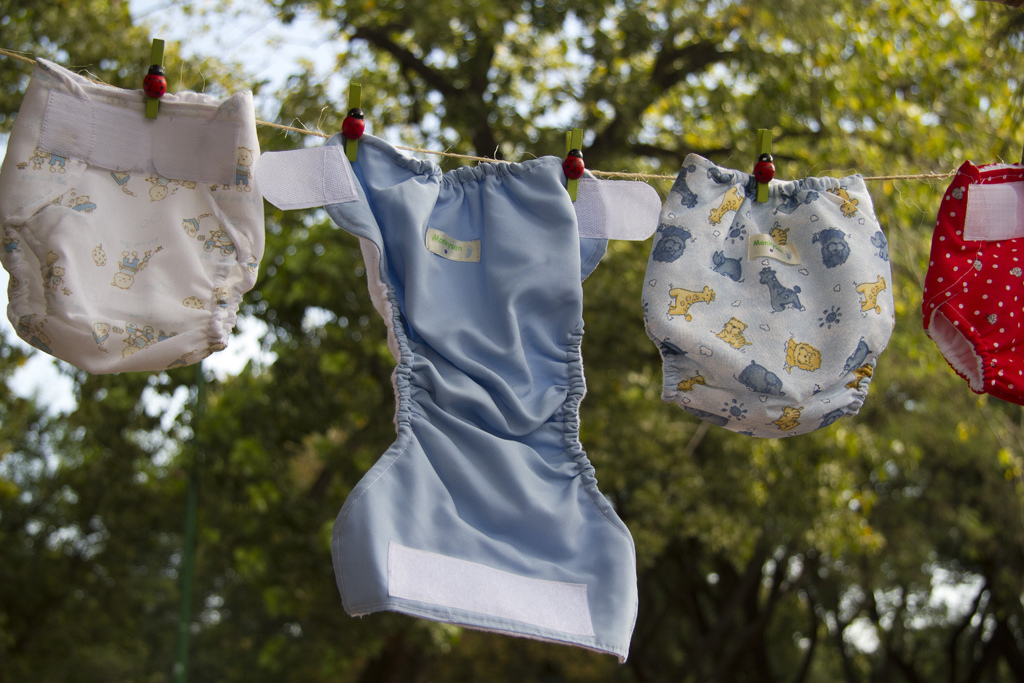Disposable nappies represent between 2% and 3% in weight of total waste generation in Catalonia. Its heterogeneous composition makes them impossible to recycle, and therefore they end up in landfills or waste incineration plants, although biowaste in nappies represents about 87% in weight.
This project was commissioned by the Association of Municipalities of la Plana (Catalonia) and it was funded by the Waste Agency of Catalonia (ARC). The association performs door to door separate waste collection, a system that maximises separate collection and recycling. Due high recycling levels, the main element of the refuse fraction are disposable diapers. Therefore, this project aimed to explore alternative ways for their treatment.
In this study, developed jointly with the Group of composting of organic wastes at Autonomous University of Barcelona, the compostability of nappies was tested, mixing them in different concentrations and with different co-substrates (organic fraction of municipal waste and sewage sludge). On the one hand, we studied the feasibility of collecting these residues separately or together with selectively collected biowaste, to subsequently follow a biological treatment.
A scientific paper derived from this project: Colón, J., Ruggieri, L., Sánchez, A., González, A., Puig, I. Possibilities of composting disposable diapers with municipal solid wastes. Waste Management & Research. 2010.
ENT environment & management
2009
Mancomunitat La Plana

